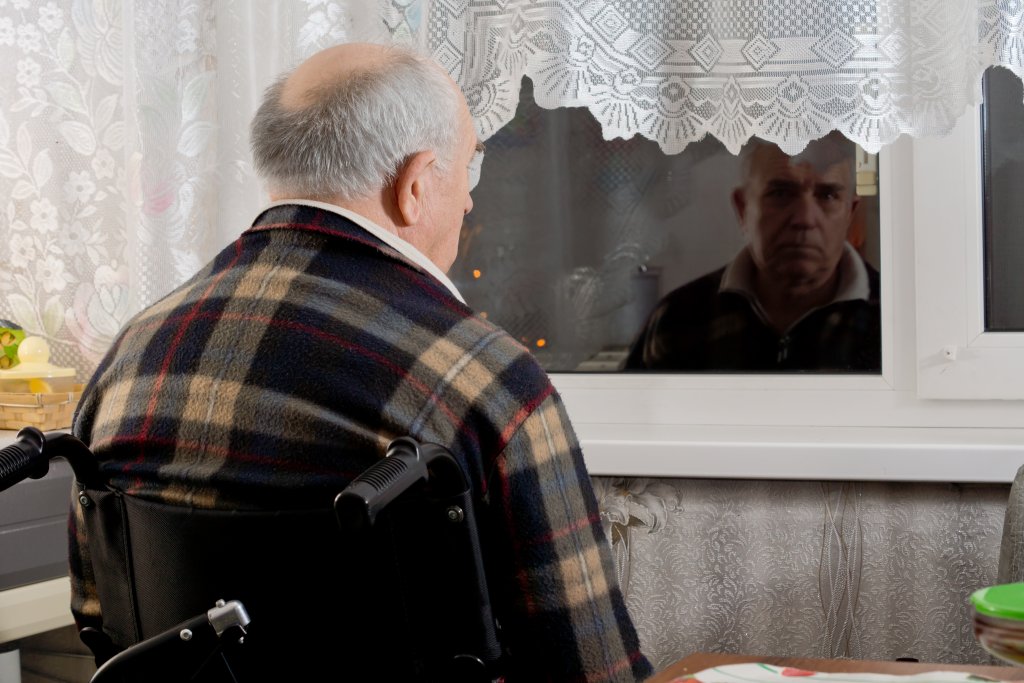
Reforming Benefits Decision-Making was published on 8 July 2021.
The benefits decision-making system forms a huge part of the administrative justice landscape. But the UK system has been performing poorly. Claimants are incorrectly denied benefits too often and there have long been concerns about systemic problems in decision-making by the Department for Work and Pensions. Many give up when faced with a long fight for their entitlement, appeals that remedy wrong decisions take too long and it is ultimately many of the most vulnerable in society that suffer.
As part of the Reform Programme, HMCTS is piloting online appeals for Personal Independence Payments, with the intention to make the appeals process more efficient. However, this sort of reform risks increasing digital exclusion, an ongoing challenge for the benefits system since the introduction of the “digital by default” Universal Credit system, which the UN Special Rapporteur on extreme poverty and human rights described as having had an immense impact on the human rights of the most vulnerable in the UK. Beyond England and Wales, the Scottish Government is trying a new approach, building a system for devolved disability benefits premised on claimant dignity.
The Covid-19 pandemic has caused an unprecedented increase in benefits claimants, as many people find themselves out of work for the first time. Universal Credit finds itself under heightened scrutiny and pressure, as in excess of 1.4 million people have applied for it since the pandemic hit. The need is greater than ever for an expert project to propose recommendations for a system that is accessible, makes timely and accurate decisions and works better for the people who need support.
Chaired by Lord Low of Dalston CBE, this joint JUSTICE and Administrative Justice Council Working Party aimed to make practical and realistic recommendations to improve the benefits decision-making system for claimants.
The Working Party considered how to:
a) improve first instance and mandatory review decision-making by the Department for Work and Pensions on benefits entitlements;
b) reduce wait times for claimants appealing their entitlements to social security tribunals throughout the UK and to identify case management techniques that can improve efficiency and reduce delay; and
c) ensure online benefits appeals are accessible to all users.
To inform its review, the Working Party will conducted comparative research into other jurisdictions, with a focus on the devolution of benefits in Scotland.
Members of the Working Party
Chair: Lord Low of Dalston CBE
Judge Mehran Behvandi, Social Entitlement Chamber
Judge David Chrimes, Social Entitlement Chamber
Dr Naomi Creutzfeldt, University of Westminster
Richard Drabble KC, Landmark Chambers
David Hawkes, AdviceUK
Anne Killeen, Z2K
Owen McCloskey, Legal Officer, Northern Ireland Law Centre
President Judge Anne Scott, First-tier Tribunal for Scotland, Social Security Chamber
Diane Sechi, Solicitor, Law Centres Network
Professor Rob Thomas, University of Manchester
Libby Wright, Her Majesty’s Courts and Tribunals Service (Observer)
Corporate sponsor: Manjinder Tiwana, Weil, Gotshal and Manges LLP
Corporate sponsor: Rebecca Chalk, BlackRock
Heidi Bancroft, Administrative Justice Council
Rapporteur: Alex Walters, JUSTICE
Members of the Working Party’s sub-groups:
Professor Michael Adler, Edinburgh University
Dr Ciara Fitzpatrick, University of Ulster
Karen Grayson, Equality and Human Rights Commission
Dr Jennifer Harris, University of Bristol
Judge Chris Purnell, Social Entitlement Chamber
Jonathan Rackham, Disability Advocate
Callum Scott, Nottingham Law School Legal Advice Centre
Jon Shaw, Child Poverty Action Group Scotland
Lisa Smith, Law Commission
Reforming Benefits Decision-Making was generously supported by BlackRock, the abrdn Financial Fairness Trust, and Weil, Gotshal and Manges LLP.
Having sat since April 2020, this report made 44 recommendations aimed at improving the administrative and procedural aspects of the benefits system. It considered initial decision-making, through to appeals, to ensure that the system works well for everyone, regardless of their digital capability, their health, their disabilities, or their vulnerabilities. With increased unemployment and the full economic impact of the pandemic still yet to be realised, the need to ensure a fair benefits system that is accessible and makes timely and accurate decisions is greater than ever.
Key recommendations include:
Changes to improve the quality of the health and disability assessment process including: opt-in audio recording of assessments; greater clarity over who will obtain medical evidence; claimants being assessed by assessors with specialist knowledge of their condition and an end to the outsourcing of assessments to private companies.
Better data collection and evaluation, including on protected characteristics of claimants, the setting of claimant commitments, the use of easements and sanctions.
Clear structures and rules to prevent the inconsistent and unfair application of discretion, including a statutory list of ‘good reasons’ for failure to comply with the claimant commitment.
Greater transparency on the use of automation and how it feeds into decisions and the technological constraints of computers systems.
The establishment of clear, public performance standards and an independent reviewer or regulator for welfare benefits.
The removal of the mandatory reconsideration stage so that claimants are able to appeal directly to the Social Security Tribunal, but with an automatic internal review required by the DWP once an appeal has been lodged.
Streamlining the appeals process to reduce the need for appellants to repeatedly provide the same information and greater use of tribunal caseworkers to reduce adjournments.
The adoption of a ‘no wrong door’ approach to applying for Universal Credit and managing a claim, including meaningful alternative channels of engagement.
An advice portal which provides information on organisations providing welfare benefits advice and which should be clearly signposted to on all webpages providing information on benefits, all paper-based forms, decision letters and mandatory reconsideration notices.
Read the full report here (PDF version here).
Watch the launch webinar here.
Please note that the report has been updated subsequent to its original publication to clarify details of two automated fraud detection systems in the Netherlands (see box on page 60-61).
